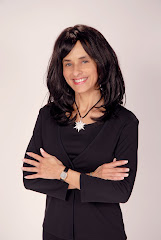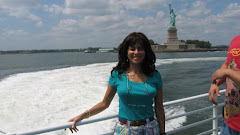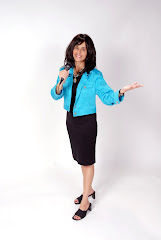
It was 2003. The Culture Ministry in France announced a ban on the use of "e-mail" in all government ministries, documents, publications or websites. Some say it was considered yet another step to stem an incursion of English words into the French lexicon.
Now, in 2011, French officials have banned the use of Twitter and Facebook on public airwaves.
Are the French further protecting the integrity of their language from the influence of Anglo-Saxon culture or simply just trying to remove product placement from public broadcasting. Or is it, as one blogger states, It isn't so much that the words are in English that upsets French sensibilities. It is the fact that the whole thing, the idea of open to everyone, free circulation of information, spreading gossip, mayhem, self-regulating, social cacophony is UN-FRENCH.
You decide—
Here is an article about Frances latest move to ban words that happen to be non-French, from public use:
Twitter and Facebook reminders banned from French airwaves by Kim Willsher in Paris for the guardian.co.uk
How do you say Facebook and Twitter in French? You don't – at least, not if you are on radio or television, where French officials have banned any mention of them unless they are specifically part of the story.
The internet sites have fallen foul of a 1992 decree that outlaws the advertising or promotion of private business on programmes. Journalists will no longer be able to end their reports by saying "Follow us on Twitter" or "Have a look at our Facebook page", because the French government deems this as either blatant or subliminal promotion, and has decided it is unfair to other similar networks.
Christine Kelly, spokeswoman for the Conseil Supérieur de l'Audiovisuel (CSA), the government broadcasting authority, said: "Why give preference to Facebook, which is worth billions of dollars, when there are other social networks that are struggling for recognition. This would be a distortion of competition. If we allow Facebook and Twitter to be cited on air, it's opening a Pandora's box. Other social networks will complain to us, saying 'Why not us?'"
Kelly said the CSA was not seeking to block the networks, only to foster fairer practices. "We encourage the use of social networks ... CSA members spend hours on them. Perhaps one day Facebook will become a generic term, but for the moment it is a commercial enterprise – a leading one, certainly, but not the only one."
No details have been given on how the rule will be enforced or what punishment might await those who continue to say Facebook and Twitter on air.
The ban comes less than two weeks after President Nicolas Sarkozy's internet and digital technology summit, the e-G8, where he was given a Facebook T-shirt by the site's founder, Mark Zuckerberg.
Some commentators have suggested the ban is another effort by France to control the influence of Anglo-Saxon cultural influences, particularly those seen as encouraging the use of English.
The two sites have been particularly cited in relation to the scandal surrounding the arrest of Socialist presidential candidate Dominique Strauss-Kahn on sexual assault charges in New York.
"The CSA hasn't understood that above being trademarks, Twitter and Facebook are public spaces where more than 25% of the French public discuss and exchange information," said journalist Benoît Raphael.
Kelly said broadcasters must not use the website names unless it was "pivotal to the story". Instead, they should say: "Find us on social networks."






.jpg)
.jpg)



